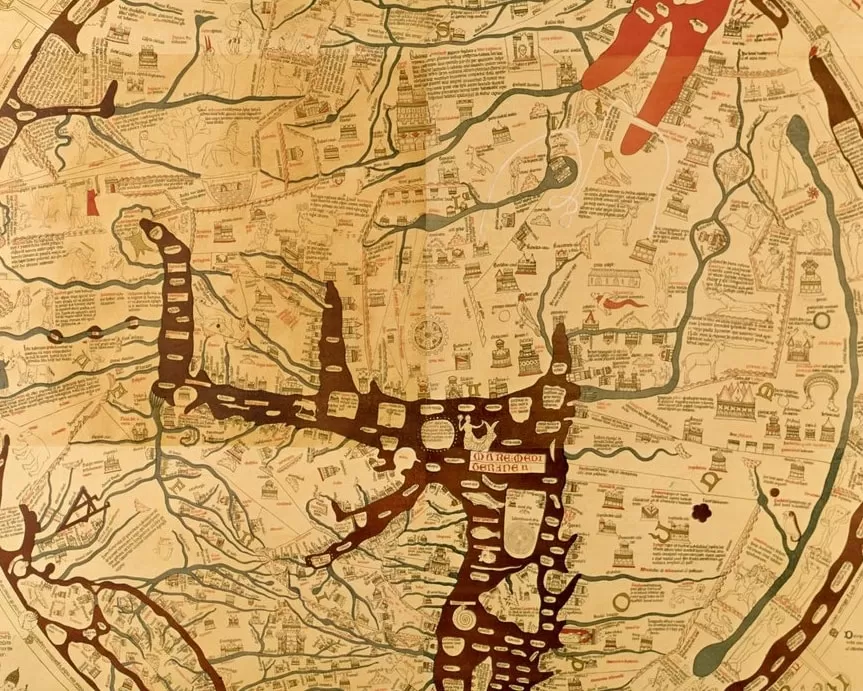How, why and when to work out your own salvation with fear and trembling
Paul’s exhortation to the Philippians to “work out (katergazesthe) your own salvation with fear and trembling” is a bit of a puzzle. Are we saved by works after all? Remembering the exodus, the Psalmist declares, “Yet God is our King from of old; he worked salvation (eirgasato sōtērian) in the midst of the earth” (Ps. 73:12 LXX). It would be unthinkable to instruct the Israelites in Egypt to work their own salvation. Salvation is always what God does, isn’t it?





Recent comments